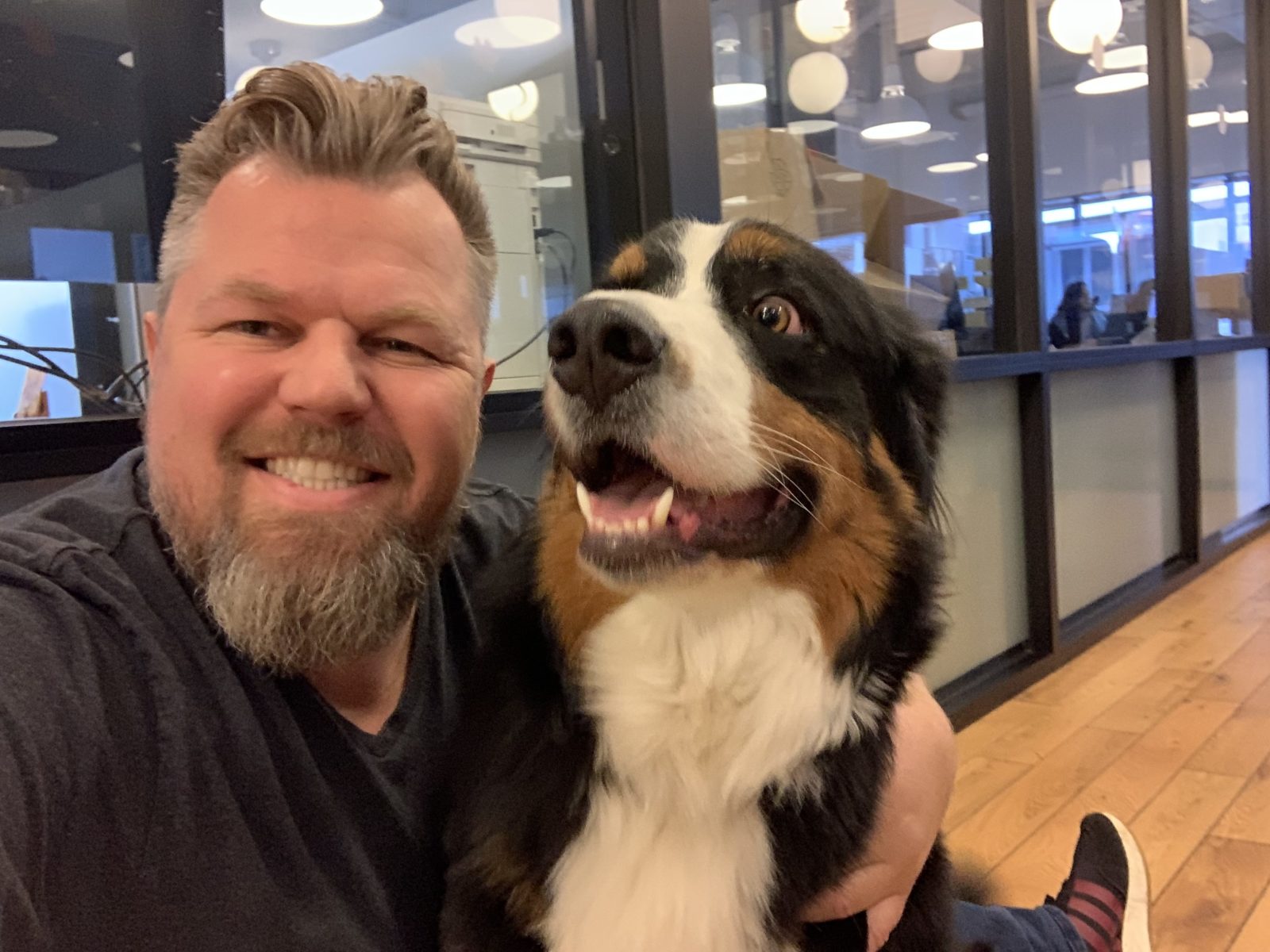Over the years of my experience, I have learned that it is easy finding a bunch of keywords, but the hardest part is to figure out what it will take for us to rank those keywords. And then how to use that information to prioritize and plan out your SEO strategy.
One thing is pretty apparent, and no one knows what the exact formula of Google to rank pages is. Contrarily, even if they did, it still needs time and effort to rank for highly competitive keywords. This is why “keyword difficulty” is the most challenging aspect of SEO.
How to determine keyword difficulty
Most of the Orange County SEO professionals in determining keyword difficulty by analyzing pages consider the following factors while deciding the difficulty of a keyword:
- Links from other websites
- Content of the page
- Searcher intent
- Domain/website authority
- Page content
Google never ranks irrelevant pages. How can anyone make a page relevant to a specific keyword in the first place? To create the most relevant content, you have to make sure you use against a particular set of keywords, and it will inevitably be relevant to the keyword.
On-page SEO experts Orange County advice states that you have to place at the keywords in the following places to improve the overall relevance of page in the eyes of Google.
- Title tag
- Early in content
- URL
- Headline (H1)
While you do this, please don’t spam. It is the term used for keyword stuffing, which can do bad rather than good. Things were different years ago, and you could fool all the major search engines using that, but things have entirely been changed now. Better optimize your content by providing value and make an effort to improve the depth and overall quality as opposed to traditional indicators of poor optimization.
Searcher intent
Focus on searcher intent.
Even if you are focusing on all the traditional methods of optimization, chances are you will fall back to the second page of Google, if not sooner then later. Now, this is not because of optimization but because of the lack of user intent. Once you fall back on the second page, it is far difficult to push it back to the first page even if you try all these following ways:
- Improve the copy of the page;
- Worke on acquiring quality backlinks;
- Improve load speed;
- Improve “mobile-friendliness;” etc
Focusing on user intent can boost your page traffic up to 6x. So how does it work?
Currently, Google is figuring out whether the searcher is happy or not. Precisely speaking, how they do is pretty unclear, but they measure like dwell time, pogo-sticking, and the bounce rate. As soon as the user likes a specific page, Google ranks it to the top. To analyze the top-ranking pages, decide whether you can offer something better what’s already ranking on a search engine. If you can’t do that, it will be hard for you to rank it effectively.
Backlinks
A page that has more backlinks is considered worthy in the eyes of Google. It is not just the number of backlinks but also the quality of links matter a lot. Following are the other things you need to consider:
- Sites to which the linking website links
- The actual anchor text and context of that link
- The depth of the website’s structure your link happens to be
It is pretty hard to calculate the link value of your page, but as a general rule, the more backlinks it has, the higher is the value.
Domain authority
This is the most controversial of all contributing factors. The thing with high authority is those are the brands that people already know about and have trust in, and therefore they click. For example, for breaking news, you are more likely to click on CNN or BBC over any random blog. And if you are looking for SEO services in Orange County, then you are more likely to click on Moz or Ahref. Google is rewarding the search results that people are more likely to click.
Having famous brands are your competitors, then it is challenging to rank in SERP, but not impossible. And, it is entirely possible to outrank domains with strong pages on weaker domains.
Don’t shy away from high-difficulty keywords
Often experts ask you to avoid high-difficult keywords in favor of those with low-difficulty. It makes total sense, but the fact is number is similar keywords is very well. So if you fail to find any of keyword, don’t feel the keyword research does not work for you.
Here is the thing, keyword research is not meant to discourage you, but it assists you in helping estimate that you need to rank for it.
Lastly, don’t shy away from those competitive keywords that can skyrocket your business growth.
